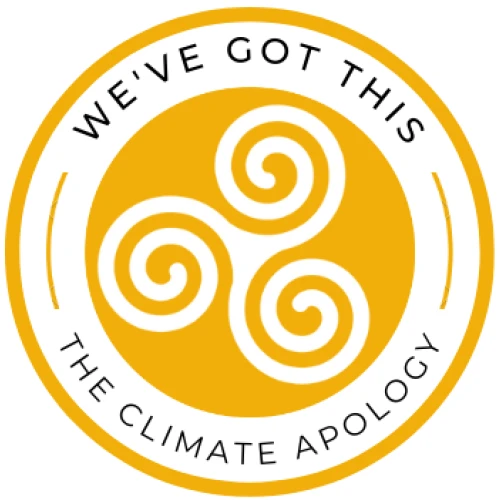We let out a sigh of relief when Australians finally voted for parties and politicians promising to address climate change – among the myriad of other problems requiring urgent action in the lucky country. It is a strong sign of hope in the murky, neo-liberal, English-speaking axis of pollution.
Switzerland experienced the same euphoria a few years back. In 2019, there was a green wave in the national elections. Tackling climate change felt within our reach – until referendums in 2021 and 2022 in which we rejected specific legislation that might have affected our back pockets.
Research shows that our intention to act green can be quickly side-lined by a plethora of other considerations, often related to costs and impact on lifestyle (1). Cost concerns are legitimate for the increasing number of people in the North who are struggling to make ends meet. Compensation mechanisms have to be built into mitigation and adaptation measures. However, the majority of us can afford to choose to either shoulder the costs of continuing with high consumption decisions or reduce our consumption.
Arguments about costs are a distraction. There’s a huge body of expertise offering viable economic solutions (2).
Lifestyle and status issues are stickier. Put simply, we want to have our cake and eat it to. We vote green because we expect those politicians to magically solve climate change while we book our bucket list of exotic holiday destinations. We outsource the difficult task of reducing emissions so that we don’t have to reduce our consumption and, even better, we have someone else to blame when nothing changes.
Separating and compartmentalising our actions lets us justify individual levels of consumption that are unsustainable. It is our human capacity to trick ourselves into feeling safe while our house continues to burn.
But if our house was burning, to use Thunberg’s analogy, we wouldn’t go and sit in our deckchairs with a beer and watch the fire brigade work. We’d work alongside them to do whatever we can – even before calling them we’d try to close doors, turn off stoves, candles, smother embers with wet blankets, and then we’d take the hose, take a bucket.
Smoking is another analogy dear to my heart as a smoker who is excellent at giving up. No matter what laws, restrictions and support programmes governments introduce to reduce smoking, it is up to me whether I light that next ciggie or not. At the end of day, it is that simple. It is not easy – I know – but it is that simple.
Voting for a green platform is just one of many actions that we need to take as individuals. We then have to vote in favour of the necessary mitigation and adaptation legislation and funding, even when that affects our back pockets and lifestyles.
And at the same time, we need to do whatever we can to reduce our personal consumption. Why wait for the politicians to tax flights? Just cancel your next flight if it’s for pure holiday purposes.
Why wait for advertising nudges and pricing incentives to adopt a plant-based diet? Our kids are the ultimate nudge and incentive, living with us everyday, afraid of climate change. We talk with them, eat with them, plan their future with them – we are doing everything we can for their future except ensuing their future is livable.
So, a pat on the back for Saturday’s election result in Australia. And then draw in a deep breath, face your kids and ask, OK, what’s the next step? Do we really need to get on a plane for our next holiday? Do we need that steak tonight? Do we really need that next thing?
Breaking our pattern of outsourcing our responsibility is energising for our kids and effective for their future. The capacity for change lies in our individual actions, which flow outwards to influence our kinship circles, our communities and our societies.
We’ve got this.
References and notes
1. Kollmuss, Anja. Mind the Gap: Why do people act environmentally and what are the barriers to pro-environmental behaviour? Environmental Education Research, (2002), 8(3)
2. There is a wealth of expertise available online offering alternative economic paradigms for economics dummies like me. For starters, see:
Kate Raworth and her model of doughnut economics
https://degrowth-switzerland.ch/
Also see IPCC mitigation report of 2022 or google ‘circular economies’, ‘post-growth’, ‘de-growth’, ‘limits-to-growth’. It’s fascinating and very encouraging stuff.

Louise Rapaud
Previous Project
Next Project